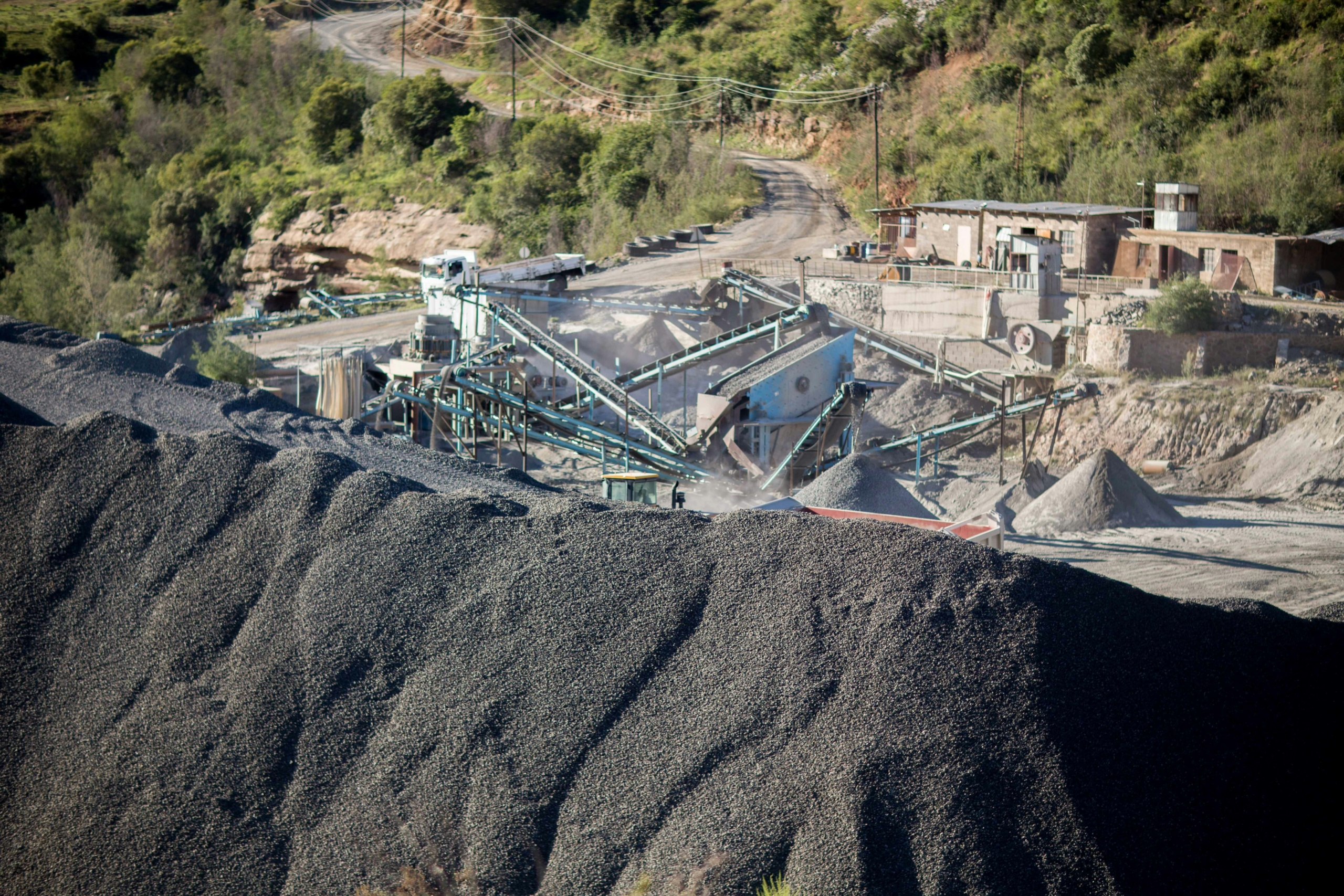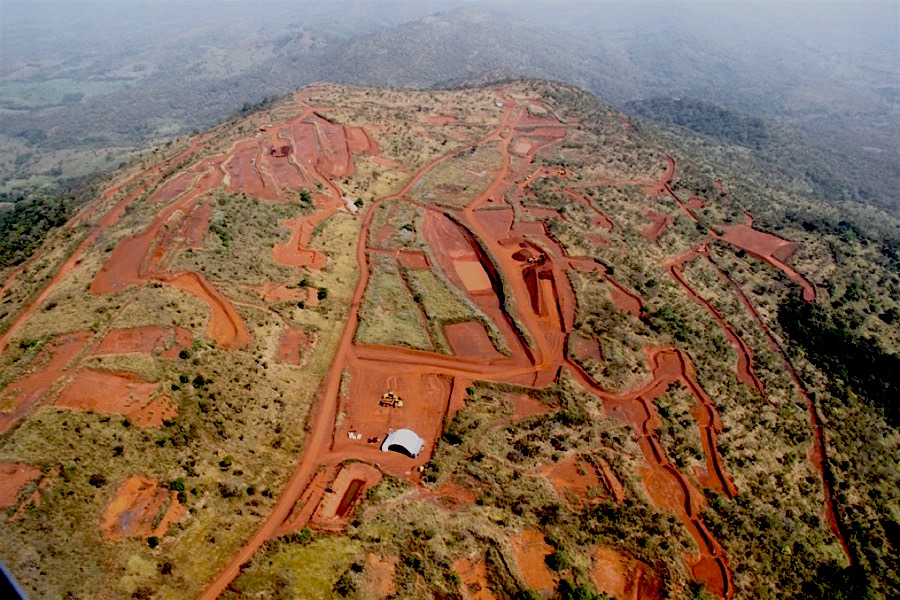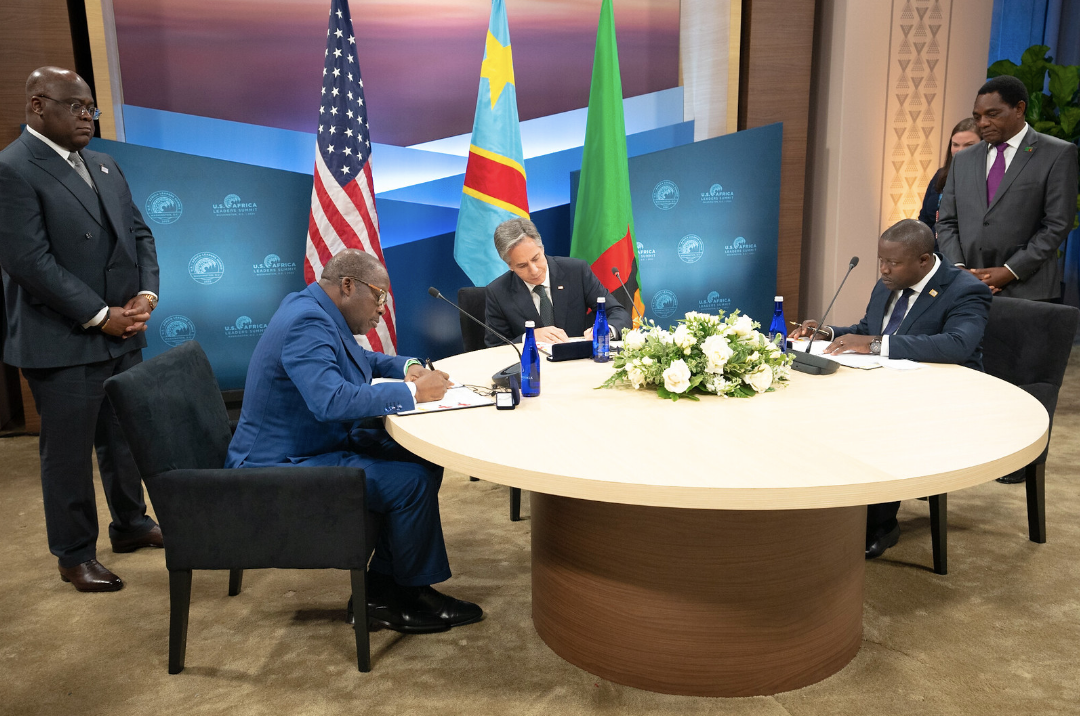A blueprint for success – furthering mineral value for African producers

Intentional policies that maximise ore value offer a route out of poverty.
Too much of what is consumed on the African continent is not produced here, so we are continuously exporting and reimporting. We pay to ship raw materials abroad and then we pay again to import finished products after the value addition, which is costly and wasteful. We export the jobs that are created from value addition in the process, and we miss out on the tax revenues generated and industrial linkages created.
How can we both attract new mining exploration and avoid a situation in which African citizens see their minerals used to decarbonize the economies of wealthier countries without themselves benefitting from increased demand for clean energy technologies — all while enduring some of the worst impacts of climate change?
We need a new formula for success. This new formula requires a reevaluation of the roles of the public sector, private sector and community representative groups in fostering local economic development. It requires close consultation between government and industry to co-design policies that stimulate investments in mineral value chains and support green industrialisation. It involves the formation of joint ventures across the value chain – from extraction to processing to manufacturing – aimed at achieving technological advancement within local industries to realise global competitiveness. Ultimately, the objective should be more equitable allocations of value, in much the same way that DeBeers and the Government of Botswana have achieved with the Debswana joint venture.
The journey to transforming minerals on the continent requires urgency, but it takes time. You need a set of capabilities within the local economy, such as cheap and reliable power, efficient transport and a skilled workforce supported by a capable services sector. Those nations that have these attributes will be able to capture more near term opportunities, while those that don’t, won’t.
Governments seeking to force through changes to mining conventions or changes to mining codes to fast track local beneficiation may find that these measures only deter new investment and complicate operations for existing operators. While a leading exporter of a commodity may be in a stronger position to negotiate with operators than a marginal one, just occupying this position doesn’t guarantee a successful outcome, as Guinea, the world’s biggest exporter of bauxite can attest.
SEZs are back in vogue
In an effort to process more locally, more nations are turning to special economic zones (SEZs) as a solution. This demand has fueled the rapid growth of companies like Arise IIP – a developer and operator of special economic zones in Africa. By offering a combination of favourable regulations, financial incentives, and improved infrastructure within a defined geographic area, SEZs can supply an environment conducive to value-addition, as the Government of Tanzania is seeking to do at the Kahama SEZ in the North West of the country, where Lifezone Metals and its subsidiary Kabanga Nickel, both BHP-backed companies are developing a nickel processing plant.
Beyond regulations, incentives and the requisite infrastructure to enable efficient communications, mineral processing and exportation, local value addition requires a skilled workforce. Without this there are limits to the opportunities and industries that can be developed, as Zambia and DRC are witnessing in their efforts to manufacture battery precursors. Among the many other measures needed to capture more of the green value chain market, nations must focus on developing vocational training and tertiary curricula that correspond to industry’s needs. We need to equip our youth with the skills they need to meet the demands of the energy transition.
Structural transformation
Africa has the natural resources, the labour force, as well as the renewable energy potential we need to maximise ore value on the continent without undermining the competitiveness of our exports. Achieving this requires a commitment from industry and government to shift the whole system – from extraction to manufacturing – towards more beneficial outcomes for all. It requires urgency, but the path to structural transformation is not linear and it takes time.
Failure is not an option
If we fail to industrialise, we risk fueling resource nationalism as the demand for minerals essential to the energy transition continues to grow. Ironically, the biggest challenge we face in rapidly scaling up clean energy technologies to meet our climate goals may not be resistance from carbon-intensive industries, but rather a shortage of the transition metals needed to support this shift.
We need a triple win in mining that secures the interests of African citizens, private investors, and the energy transition. The world cannot decarbonise without Africa.
This piece was first published in the Investing in Mining Indaba’s Digital Mining Pulse
Related articles
Proud to be BCorp. We are part of the global movement for an inclusive, equitable, and regenerative economic system. Learn more


